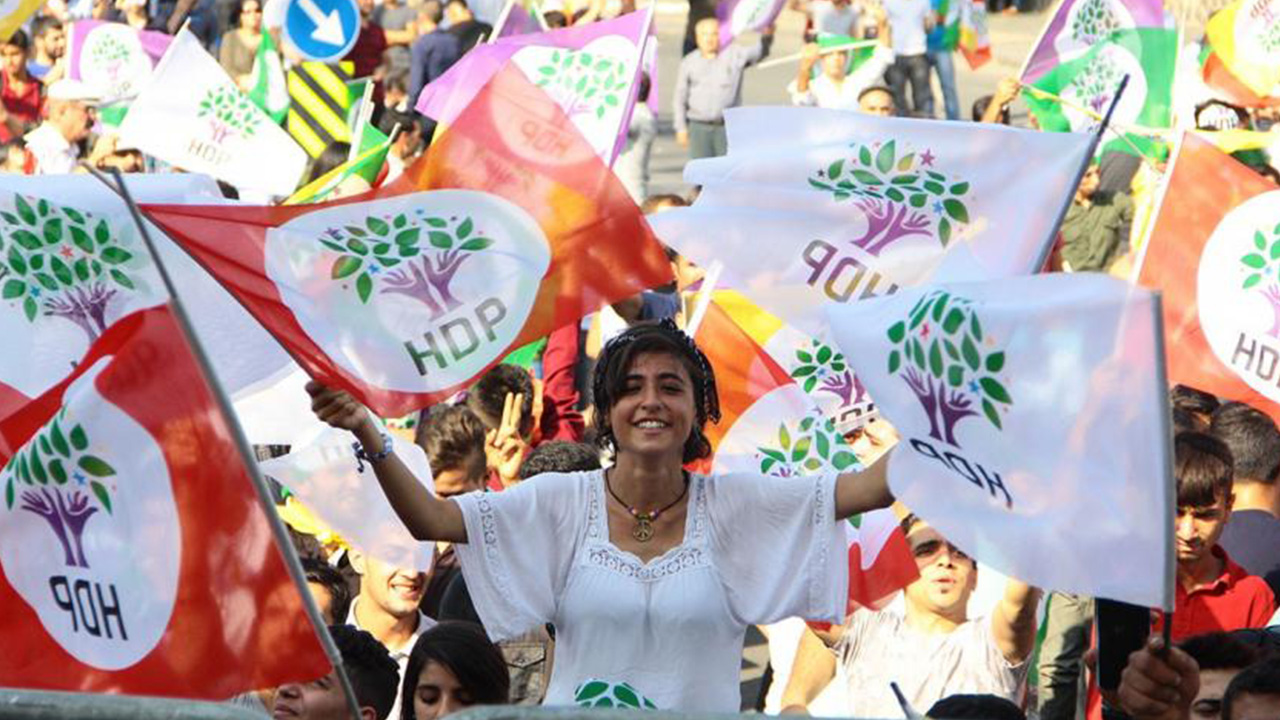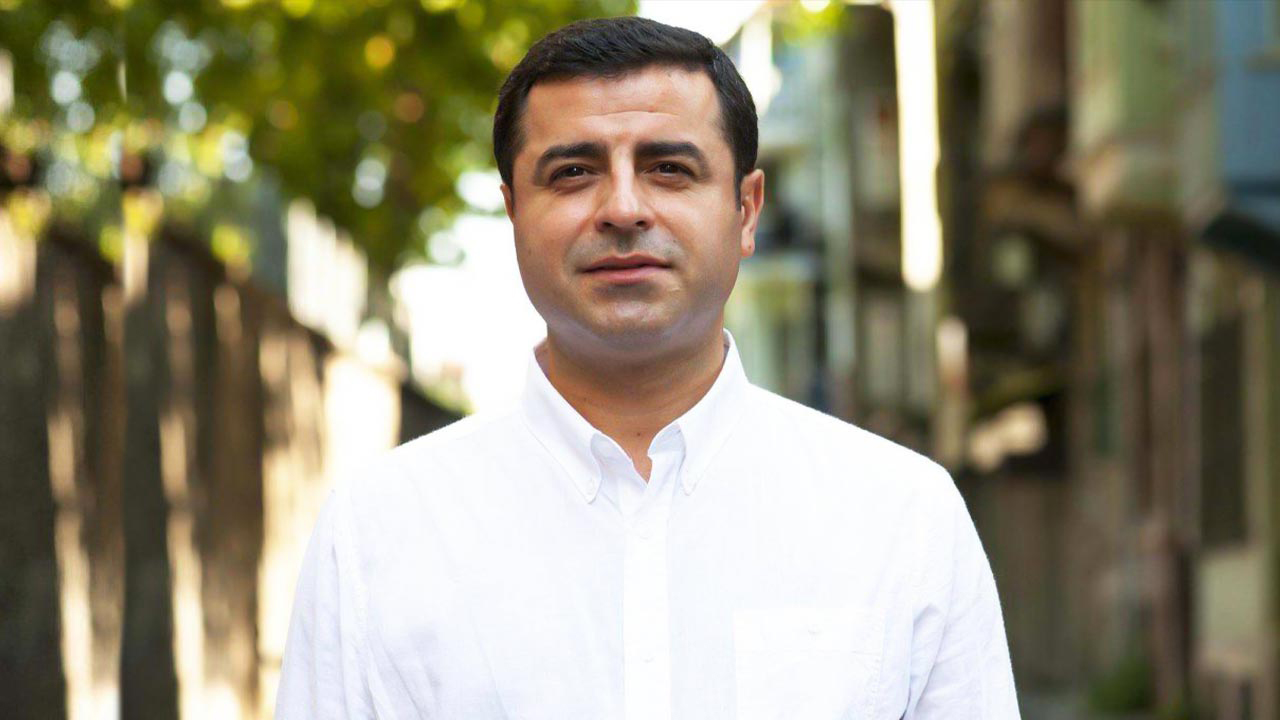Matt Broomfield
Turkey’s Peoples’ Democratic Party (HDP) is reportedly going to field its parliamentary candidates via a different party in Turkey’s forthcoming elections. This is not due to any faction or split within the HDP’s ranks. On the contrary, the fact the pro-Kurdish, pro-minority rights party is preparing to re-emerge under a new name once again illustrates the depth of their political commitment and discipline in the face of concerted efforts to destroy their movement.

In a particularly depressing article on their website, the HDP list the history of Kurdish political parties in Turkey. Turkey’s first pro-Kurdish party, the People’s Labour Party (HEP), was established in 1990 and managed to survive three years before being banned. Subsequent pro-Kurdish parties lasted even shorter, just six months in the case of HEP successor the Freedom and Democracy Party (OZDEP). To adapt a phrase from Oscar Wilde, to ban one Kurdish political party might be regarded as authoritarian zeal; to ban nine begins to look like fascism.
📌#AUDIOARTICLE| "To adapt a phrase from Oscar Wilde, to ban one #Kurdish political party might be regarded as authoritarian zeal; to ban nine begins to look like fascism" says @MattBroomfield1 as the #HDP faces a political ban ahead of #Turkishelections.https://t.co/1MN2dQ451y pic.twitter.com/jcfyP8p6H0
— MedyaNews (@1MedyaNews) March 24, 2023
The same legal and juridical methods used to target the HDP’s predecessors are being deployed today against the latest pro-Kurdish political formation, which still commands up to 10% of the vote in Turkish elections despite colossal repression and is expected to play a kingmaker role in deposing Erdoğan in the upcoming elections – so long as the party isn’t banned by Turkey’s Constitutional Court, using the same mechanism deployed against many other pro-Kurdish parties.

Eleven HDP MPs have been jailed following the stripping of their parliamentary immunity, a mechanism first deployed against Kurdish lawmakers in the 1990s when the first female Kurdish MP was among six MPs to be handed 15-year prison sentences on charges of treason. Meanwhile, no less than 40% of rank-and-file members have faced criminal investigation. If the latest closure case goes through, around 500 individuals will also be banned from political activity altogether, in another attack on Kurdish political activity familiar from their past.
The lengths to which the HDP must go to attempt to preserve their participation in the democratic process speak to the strange plight of Turkish democracy. This is motivated in part by increasingly-distant hopes of gaining access to the European Union – the accession process, begun way back in 1987 before the EU was even formed, remains at an impasse. Despite a radical authoritarian shift following the failed coup attempt in 2016, President Erdoğan has deemed it necessary or prudent to retain at least the trappings of parliamentary democracy, while political bifurcation within the country means there is still some validity to the Turkish electoral process.

Thus, the Kurdish movement doggedly continues its efforts on the hostile terrain of a Turkish election season, expecting to be banned at any moment while facing arrests, media salvos, shuttered offices, and all manner of legal repression. In previous elections, lanyards have even been distributed to voters with the aim of helping them to locate the latest incarnation of the Kurdish political movement on the ballot, in a slightly farcical reminder of the lengths to which the Kurds must go even to achieve nominal representation.
This endless game of cat-and-mouse is exhausting, draining the party of resources, finances and people-power, making a mockery of their sincere efforts to participate in parliamentary democracy as it should be. Of course, Turkey’s electorate would be far better served by a system which allowed the Kurds their legitimate right to free expression, criticism and political activity. Things being what they are, though, the Kurdish movement has no option but to continue its Sisyphean task, forging tirelessly toward an end which seems as impossible to attain today as it did for each of its eight previous Parliamentary incarnations. For all the trials the Kurdish movement has endured to survive until today, the road ahead may be longer still.










